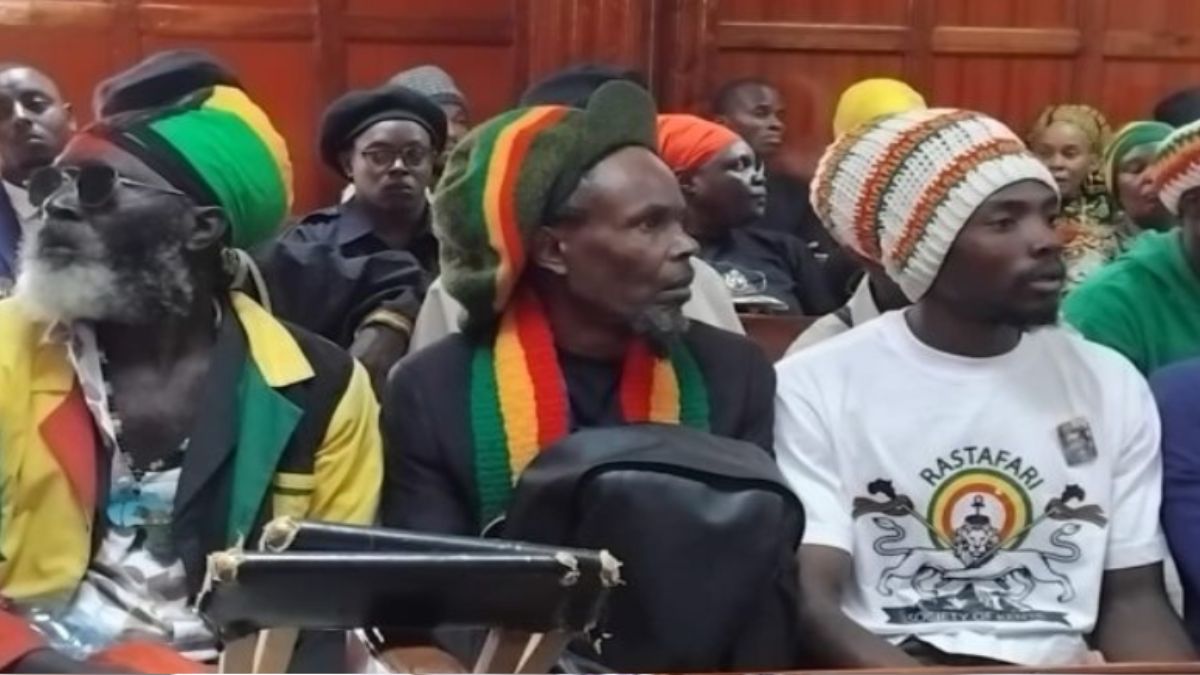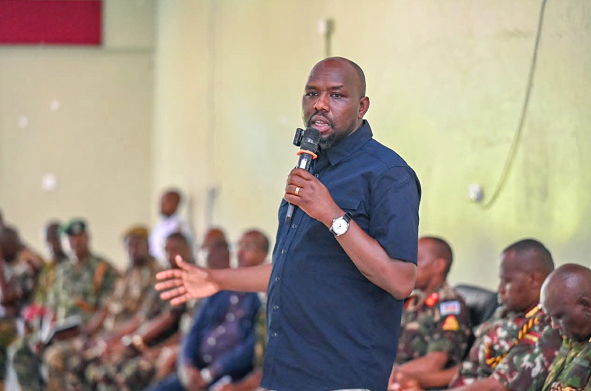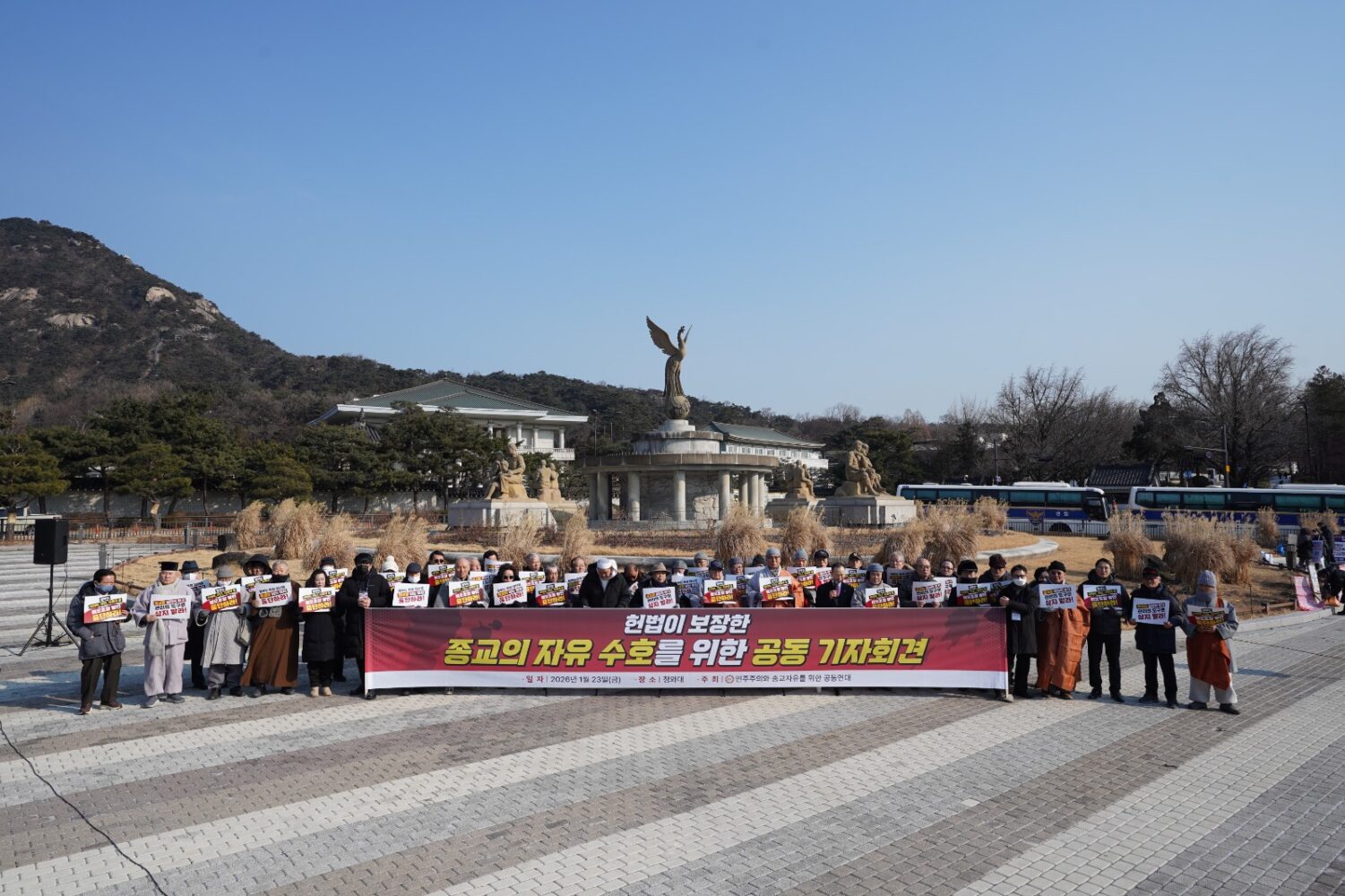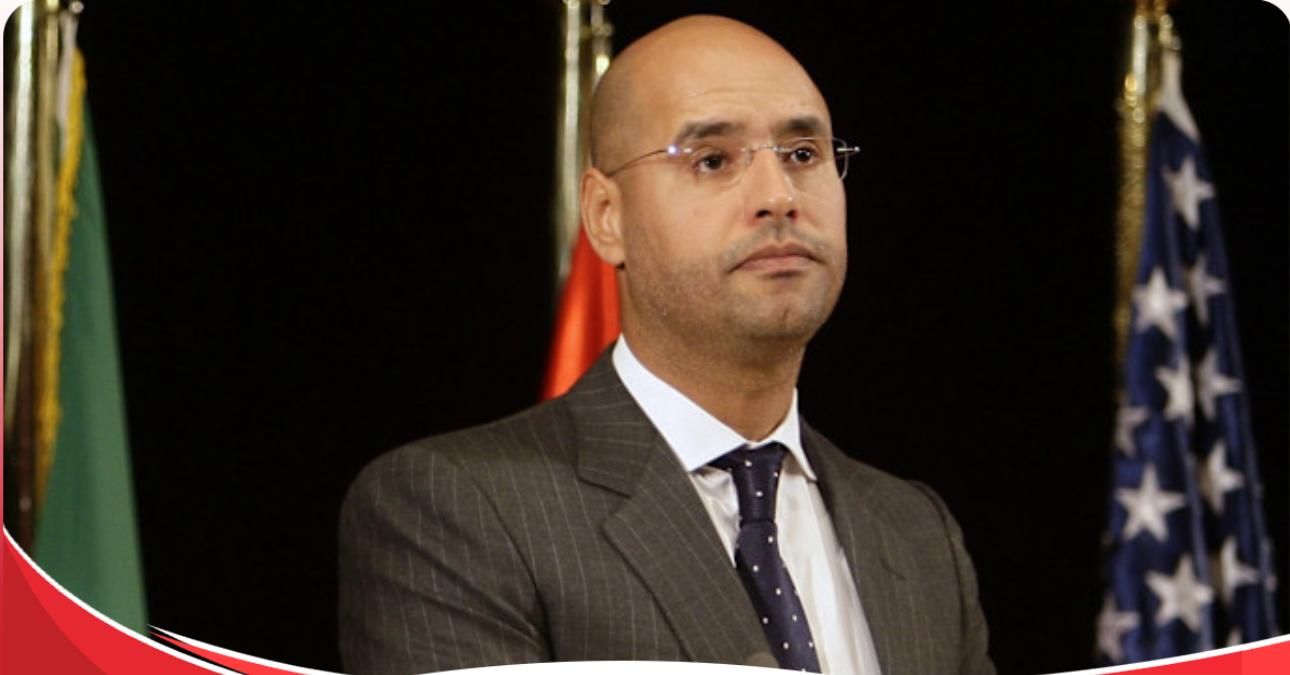Renowned Kenyan author Prof. Ngugi wa Thiong’o has passed away at the age of 87.
His family confirmed that he died on Wednesday, May 28 morning in the United States where he was residing.
“It is with a heavy heart that we announce the passing of our dad, Ngũgĩ wa Thiong’o this Wednesday morning, 28th May 2025. He lived a full life, fought a good fight. As was his last wish, let’s celebrate his life and his work. Rîa ratha na rîa thŭa. Tŭrî aira!” Prof. wa Thiong’o’s daughter, Wanjiku wa Ngugi, wrote on Facebook.
Born in January 5, 1938, in Kamiriithu, Limuru, Kiambu County, Prof wa Thiong’o has been hailed as a legendary author, academic and political thinker.
Former Mukurweini Member of Parliament Kabando wa Kabando rues that it is a shame he was the best recipient of The Nobel Prize in Literature, but he was never accorded the global recognition.
Kabando paid tribute to Prof. wa Thiong’o as a man who played a big role in decolonising the minds of not only Kenyans but Africans at large.
“He talked about why Africans should set ourselves free from the yoke of colonial powers… Who else in the globe has initiated a village theatre to involve and emancipate, empower the people at grassroots where you come than Ngugi Wa Thiong’o?” Kabando posed in an interview with TV47’s ‘The Insight’ show on Wednesday, May 28 night.
When he wrote an entire book ‘Kenda Muiyuru: Rugano Rwa Gikuyu na Mumbi’ in Gikuyu language, Kabando says that Prof. wa Thiong’o was sending a message to the world that people had to be very proud of where they came from.
“Ngugi was detained by a known Gikuyu. He was terrorised and harassed at the University of Nairobi under a presidency that came from his home county of Kiambu.”
According to Kabando, State awards have recently become a charade of ridicule, because undeserving individuals are being lined up for state commendations, leaving behind deserving Kenyans like Prof. wa Thiong’o who are thriving in their fields.
And like Jesus who said that “no prophet is accepted in his hometown”, Kabando insists that this is the same fate that caught up with Prof wa Thiong’o.
“The World gave Ngugi a lot of recognitions. Universities in Europe, Asia and America. Concubines, boyfriends, sons and daughters, economic hitmen, surrogates, corrupt individuals are chronicled in the litany of state recognitions every public holidays. The individuals you see being recognised out there are not the professors who have made research in KEMRI, they are not the professors in the economic departments of universities in Oxford, in Havard, in Yale, in New York who come from Kenya because they have made discoveries.
“The fact that Ngugi Wa Thiong’o is going down without a very special recognition by the state of Kenya is actually an indictment, a scar, a shame in the mind of the African leader.”
Some of his literary works include; ‘Weep Not, Child’ (1964), ‘The River Between’ (1965), ‘A Grain of Wheat’ (1967), ‘Petals of Blood’ (1977), and ‘Wizard of the Crow’ (2006).
His political play ‘Ngaahika Ndeenda’ (I Will Marry When I Want), co-authored with Ngugi wa Mirii, landed him in jail. Prior to that, no trial was conducted for his impriosonment.
It was during his imprisonment that Prof. wa Thiong’o wrote ‘Devil on the Cross’ on toilet paper.
“I never chose exile; it was forced on me. In 1982 I had packed my suitcase to return home from a London book launch when I learnt that the then Moi dictatorship in Kenya planned to eliminate me, euphemistically described as giving me a red-carpet welcome at the airport. At first I would only use the word shipwrecked, not exile, to refer to my situation; shipwrecks end with rescue, right? I did not unpack the suitcase. Seven years later the suitcase was still packed,” Prof. wa Thiong’o told the The Guardian in a 2015 interview.












